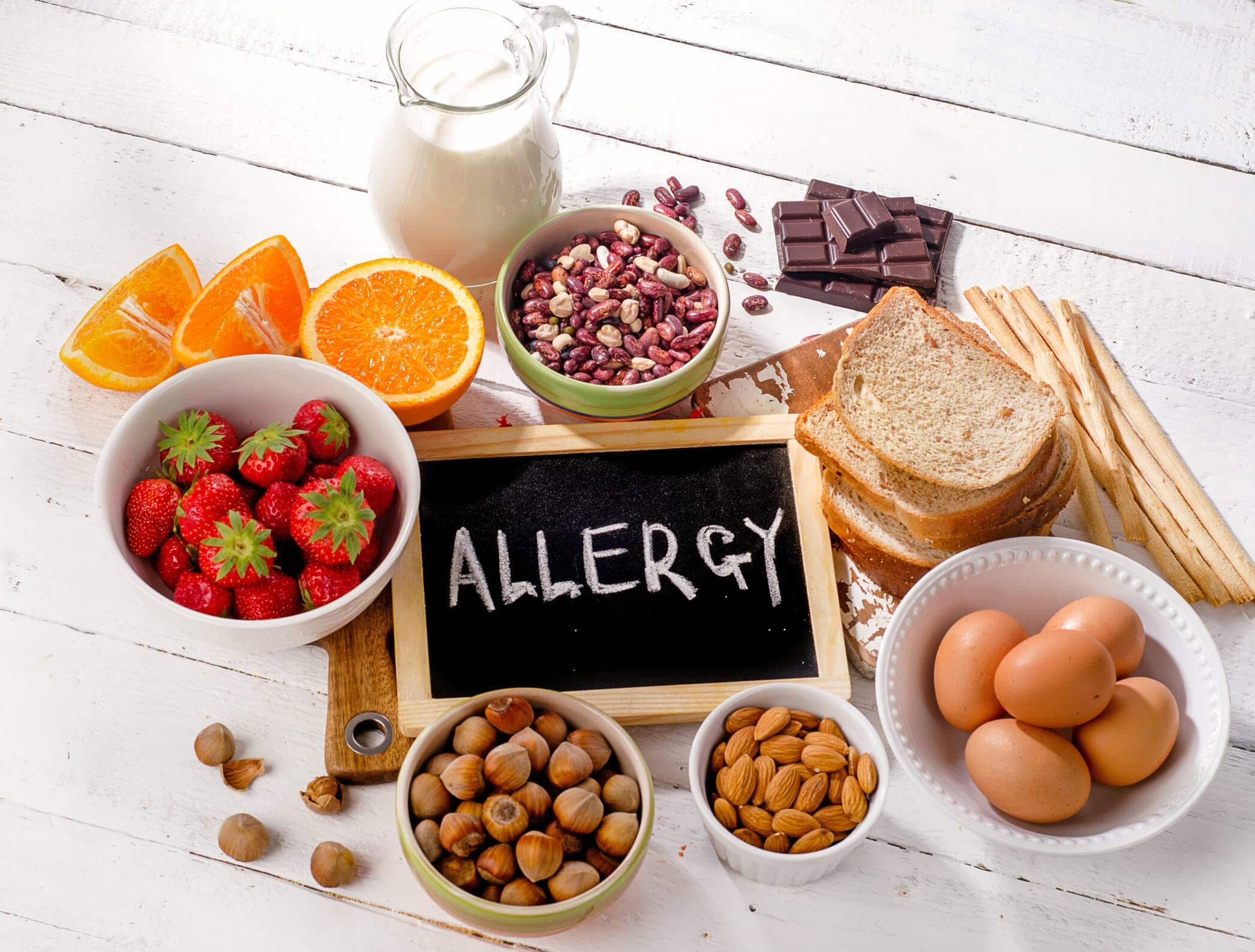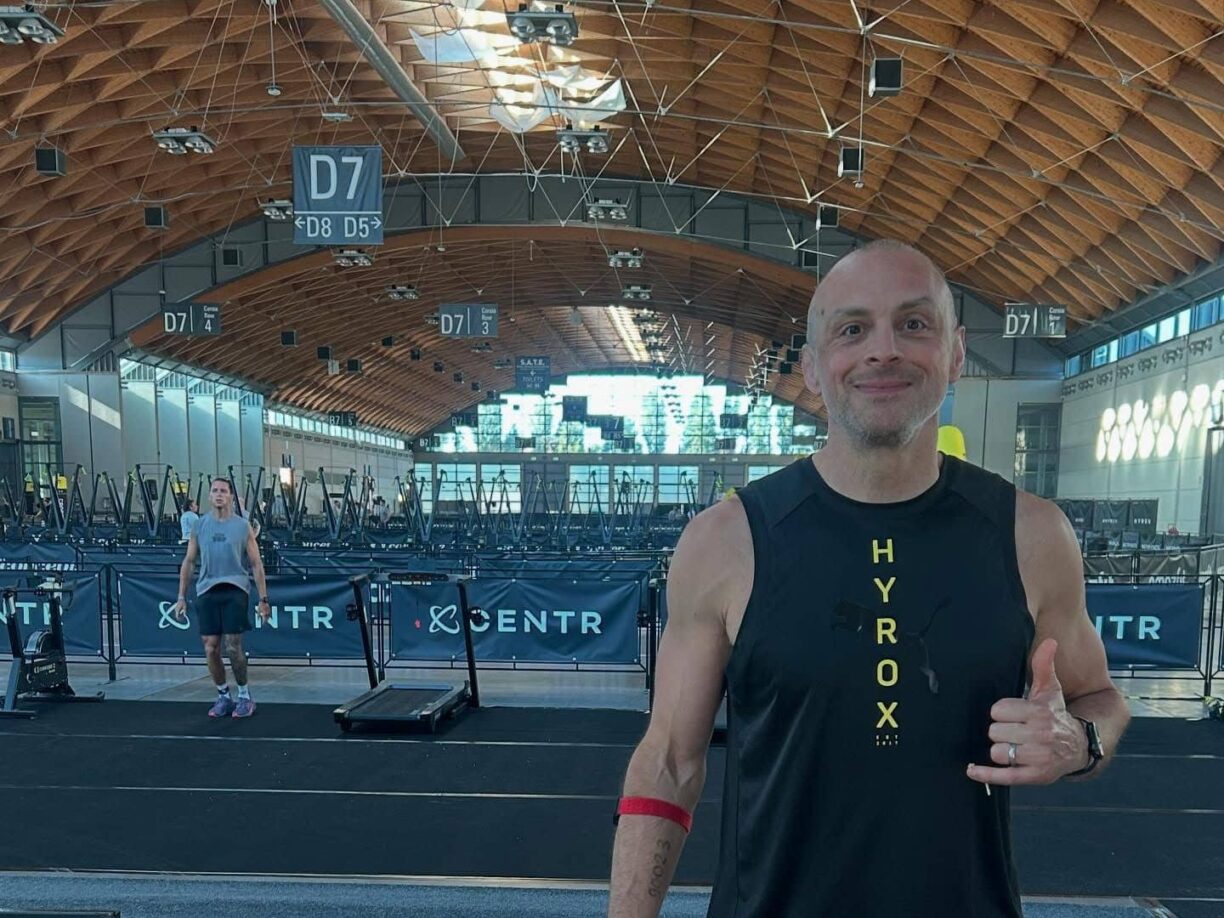The power of social media has long been spoken about and with the pandemic having impacted the way we eat and where, it’s become even more apparent for influencers to use their platform to open up discussions around food allergens and intolerances, which are on the rise.
Raising awareness of such topics by sharing tips, tricks and advice, influencers are able to not only help their audiences and consumers, but brands, too.
Amelia Neate, senior manager at Midlands-based influencer marketing agency Influencer Matchmaker, explains why it is incredibly powerful for influencers to discuss issues that are in fact, more common than we think.
It’s estimated that two million people in the UK have a diagnosed food allergy, and that doesn’t include those with an intolerance or those that are awaiting diagnosis.
And whilst intolerances and allergies are fairly common to some degree, they have never really been a talking point, unlike other illnesses – until recently.
Many people misjudge symptoms of a food allergy or intolerance, however with social media influencers beginning to share their own experiences, it is becoming much easier for people to recognise the signs and seek a diagnosis.
Influencers and allergies/intolerances

Whilst social media influencers are still recognised for their love of beauty, fashion or health and fitness, they are now divulging more than just the glamorous aspects of their daily lives, allowing them to connect with their audience on an even deeper, more personal level.
From mental health to body confidence and now, food allergies and intolerances, influencers are broadening their horizons and opening up in more ways than one.
Em Sheldon, food, lifestyle, travel and fashion influencer, is well-known for her YouTube channel and blog, titled EmTalks.
And throughout her years online, Em has discussed her trouble with bloating, sharing the ups, and downs.
She said; “I think it’s important for social media users, and my audience, to understand that it isn’t all as glamorous as it may seem online.
“And for girls in particular, it really makes a difference seeing somebody that genuinely reflects you, which is why I have been honest about bloating and the other symptoms I often experience.
“Whilst the pain and uncomfortableness are of course huge factors, it does affect your physical appearance, too. And that’s why I want to raise awareness of bloating, food allergies and intolerances, as there is so much more to them than meets the eye.”
Em is just one of many influencers who are speaking up about their experiences. Similarly, Scarlett London, a popular influencer, has gone above and beyond to break the stigma surrounding IBS and digestive issues.
Using her YouTube channel and other social media platforms, Scarlett has talked incredibly openly about the struggles she has faced, choosing to speak up in the hope of helping others. So much so, that she published her very own book, Tummy Tied: My not so glamorous guide to IBS, in a bid to help fellow IBS sufferers, providing helpful strategies and advice.
It isn’t just influencers themselves that go through life with allergies and intolerances, but their children, too.
And with an influx of parenting influencers gracing our social media feeds, this is becoming even more apparent.
Former Made In Chelsea star and health and fitness influencer Lucy Mecklenburgh discovered that her son had an intolerance to dairy, and he would suffer a variety of symptoms as a result of Cows Milk Protein Allergy (CMPA).
Because of this, and her decision to breastfeed, this meant that Lucy also had to cut out dairy and follow a more plant-based diet. Lucy has documented the entire journey online, taking her followers along for the ride, sharing the ups, downs, highs, and lows of breastfeeding and weaning.
Lucy, as well as other social media influencers, have helped their audience and fellow parents feel less alone, showing honest and relatable snippets of their experience with food allergies and intolerances.
Starting a conversation
As well as sparking a whole new conversation, social media influencers have helped lead a new generation of brands and products.
Now, more than ever before, we are seeing more brands launch a variety of products, catering for various food allergies and intolerances.
And there is no doubt that this has also led to the rise in vegan, gluten-free, nut-free, and dairy-free options being introduced in pubs, restaurants and other hospitality facilities around the world.
That, combined with the introduction of Natasha’s Law this coming autumn, the food, beverage and hospitality industries are set to see even stricter measures put into place to protect the health and safety of consumers.
Ben Gardner, CEO of digital food safety consultancy Navitas Safety, explains what businesses and consumers can expect to see as of October 2021.
“Focusing on pre-packed food for direct sale (PPDS), Natasha’s Law means that all businesses selling such products will need to include the entire ingredients list, highlighting the allergenic information, making its contents clear to all consumers.
“The safety of consumers is the most important thing for businesses to consider, and now they must do everything they can to prevent allergic reactions and unnecessary symptoms.
“And with the number of social media influencers raising awareness of food allergies and intolerances, this is no doubt helping the variety of foods we are beginning to see across menus, too,” he said.






